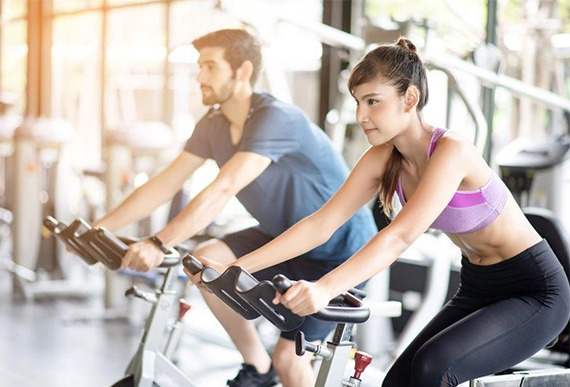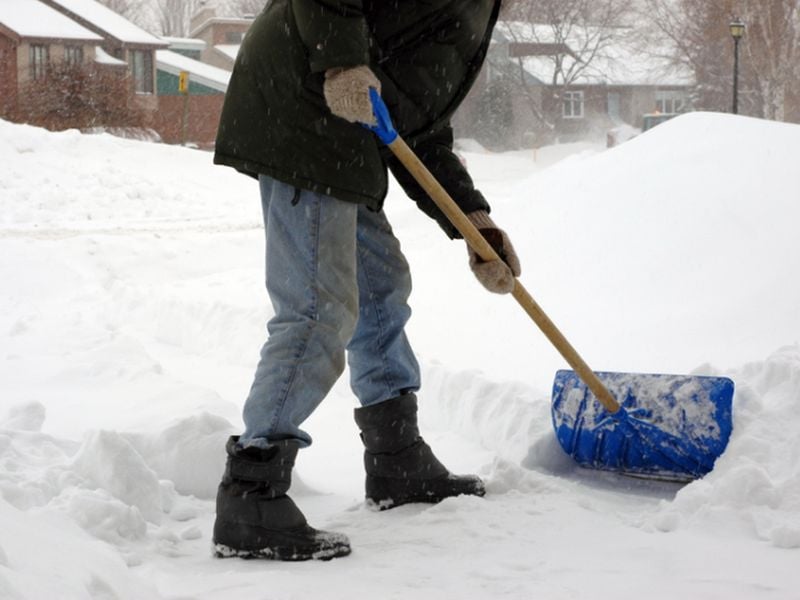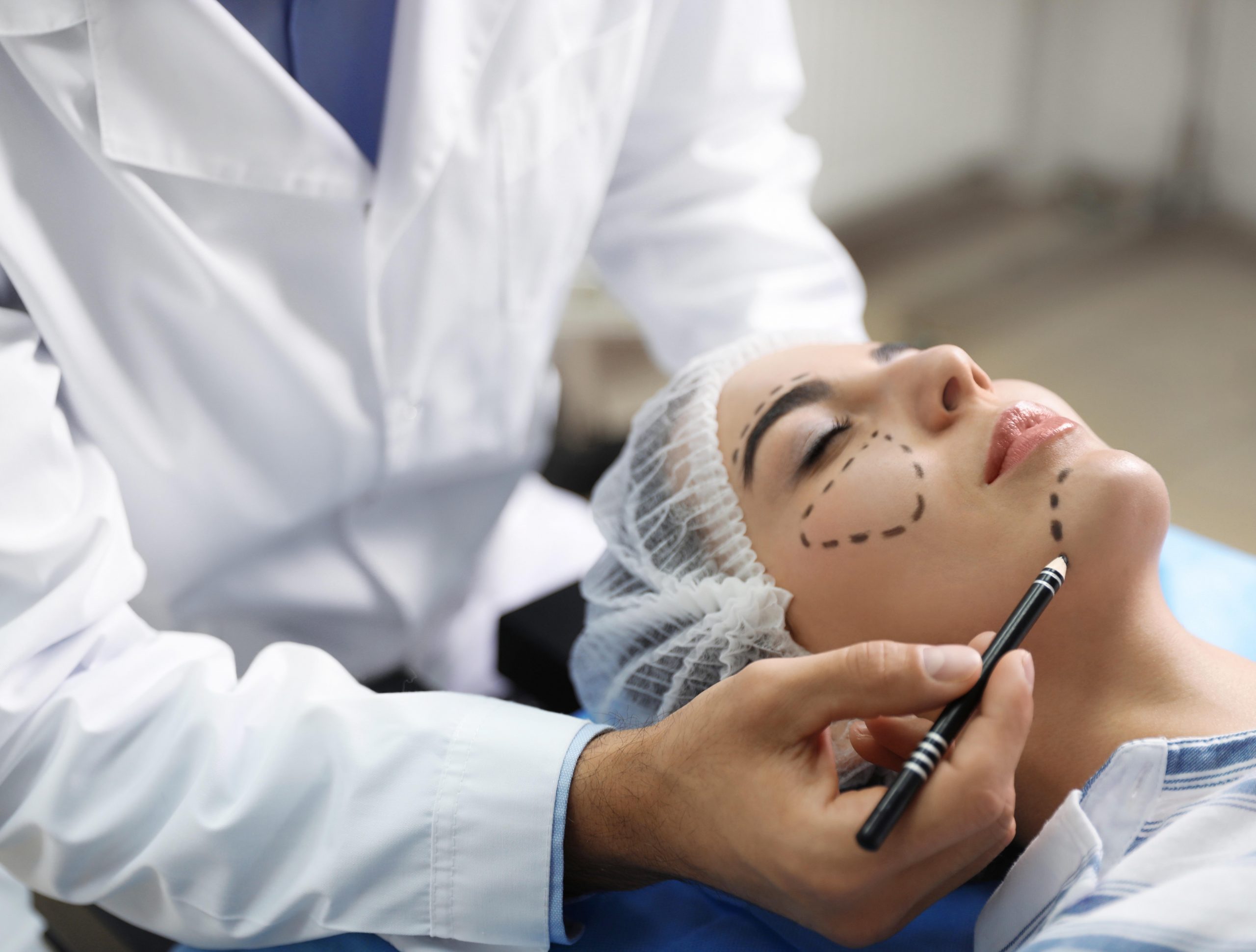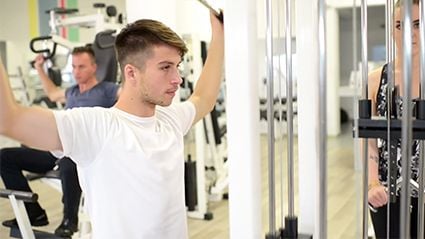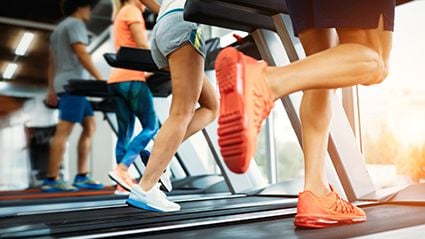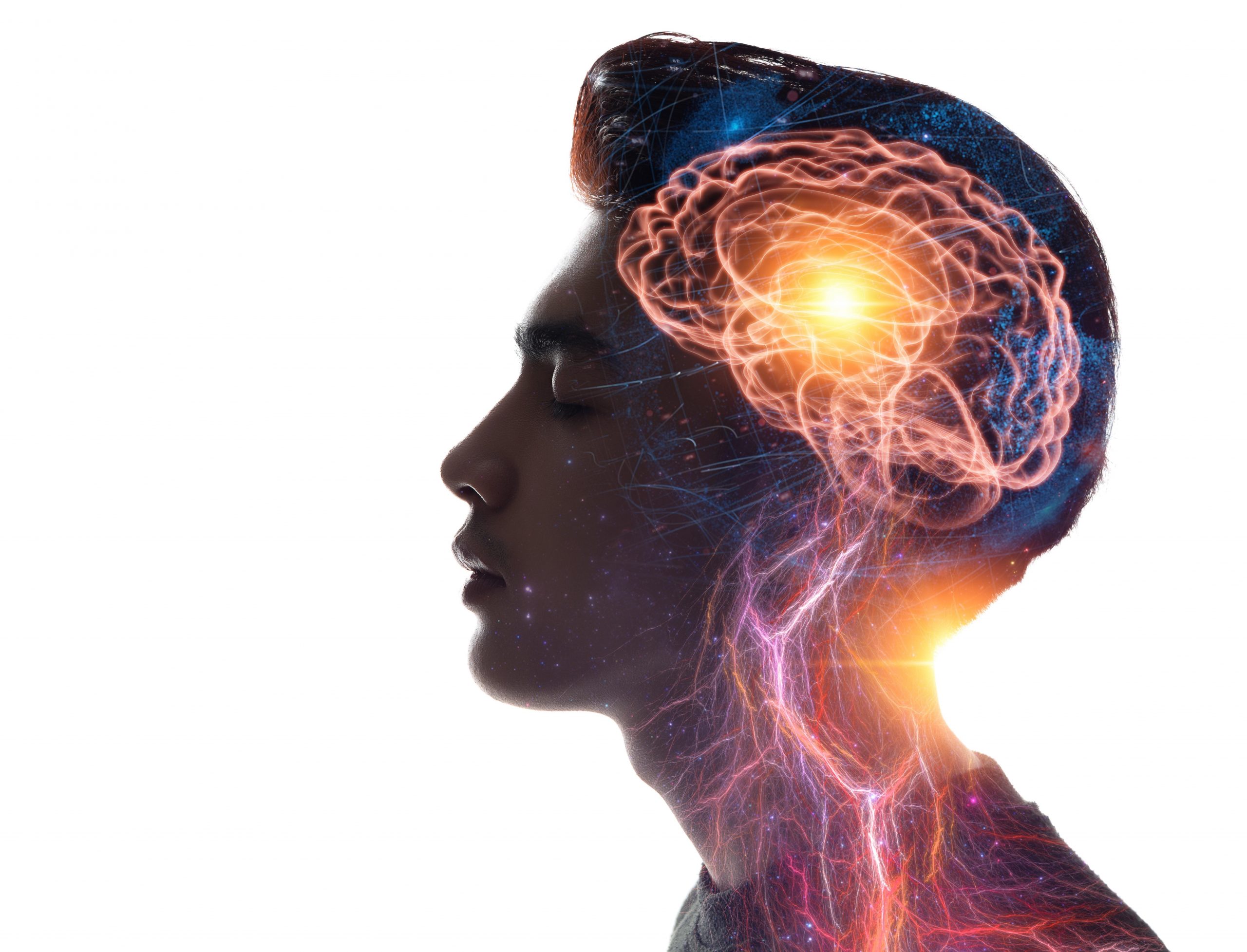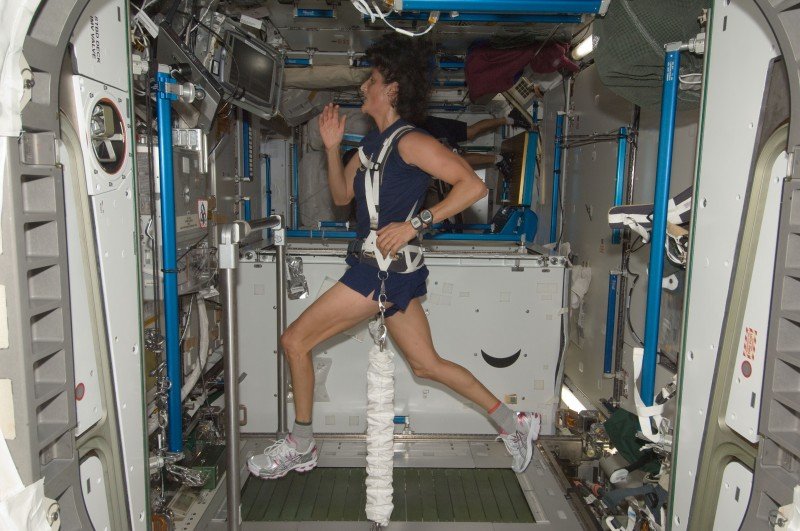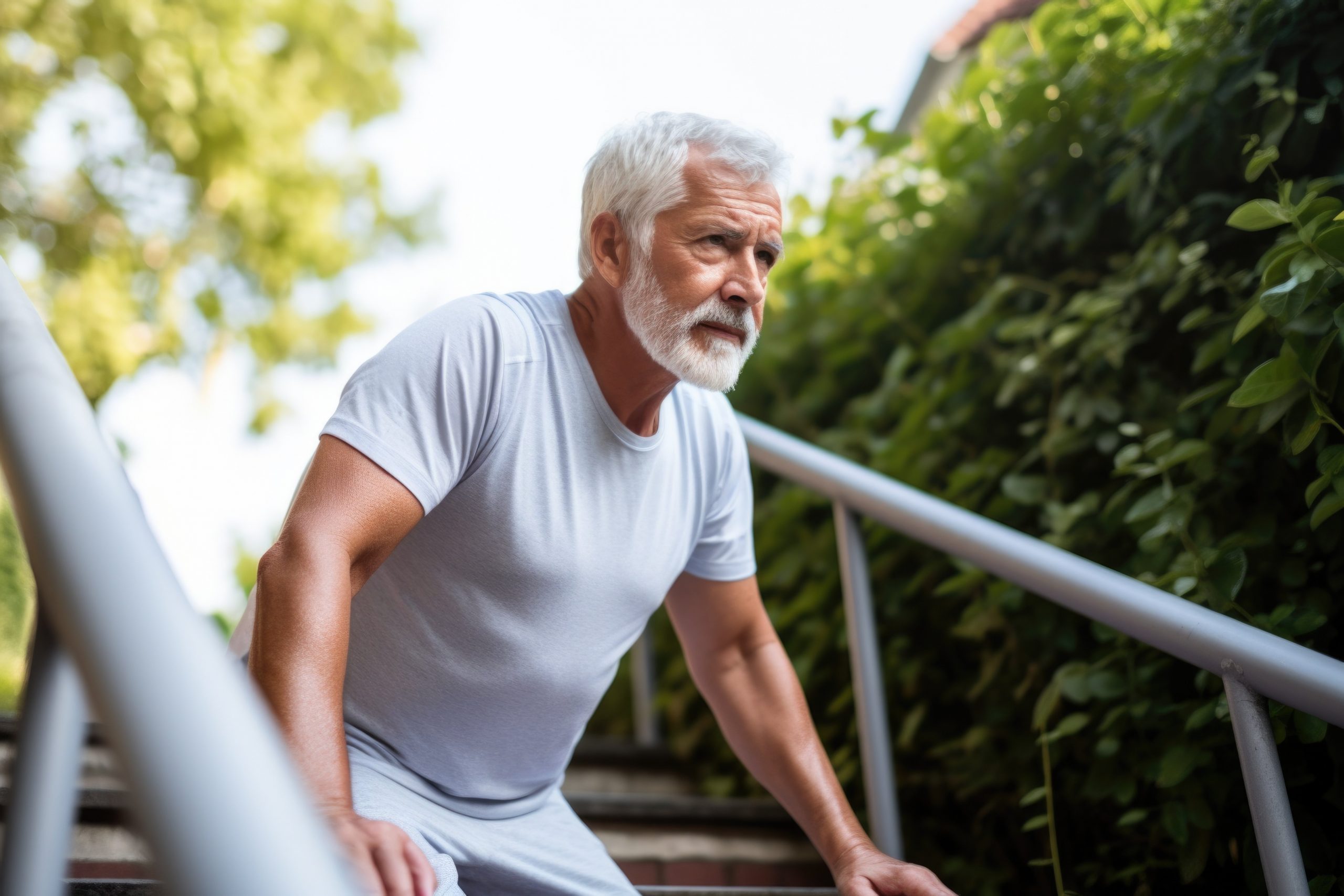
Putting a little pressure on your bones during exercise or daily activities might pay off in stronger bones as you age, new research suggests. The study focused on a crucial part of the hip joint anatomy called the femoral neck. Finnish researchers found that largely sedentary folks ages 70 to 85 maintained or gained bone… read on > read on >










